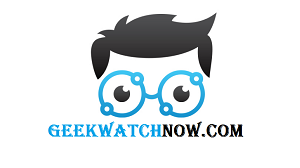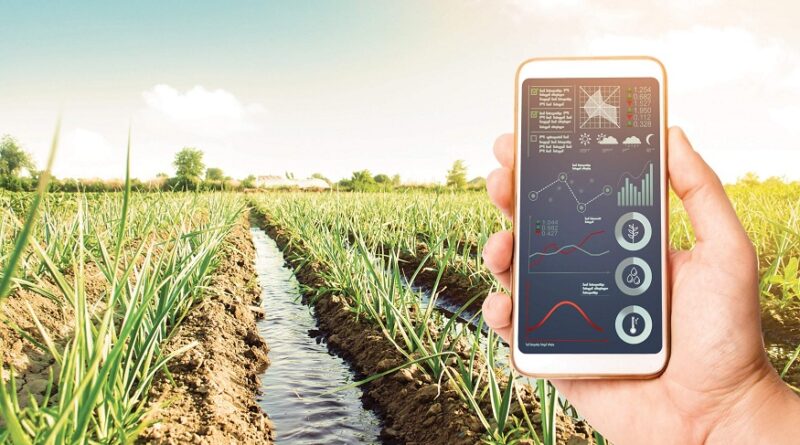Benefits of Water Monitoring Systems Using IoT in Smart Infrastructure for Affordable Housing
In today’s rapidly urbanizing world, the concept of smart cities has gained significant momentum. The integration of digital technologies into urban infrastructure is transforming the way we live, work, and interact with our surroundings. As part of this evolution, water monitoring systems using the Internet of Things (IoT) are playing a crucial role in ensuring the sustainability and efficiency of smart infrastructure, especially in the context of affordable housing developments. This article explores the benefits of water monitoring systems using IoT in creating smart and sustainable communities, with a focus on their unique and innovative application in affordable housing.
Affordable Housing in Smart Cities
Affordable housing is a critical component of inclusive urban development. In smart cities, the goal is to provide not only a roof over people’s heads but also an enhanced quality of life through technology-driven solutions. This unique and innovative approach embeds smart technology-enabled solutions into affordable housing projects, making them more efficient, sustainable, and convenient for residents.
One of the key challenges in urban areas, whether in developed or developing nations, is the management of essential resources like water. Water scarcity, leakage, and inefficiency are common problems in many cities around the world. Water monitoring systems using IoT have emerged as a powerful tool to address these issues while ensuring that affordable housing projects are equipped with the latest technological advancements.
Benefits of Water Monitoring Systems Using IoT
- Real-time Data Collection and Analysis: Water monitoring systems using IoT sensors allow for the real-time collection of data related to water consumption, water quality, and distribution network performance. This data can be analyzed to identify patterns, anomalies, and trends, helping city planners and property managers make informed decisions. In the context of affordable housing, this means that water usage can be optimized, and leaks or other issues can be detected and addressed promptly, reducing wastage and minimizing maintenance costs. Residents can also have access to their water usage data, promoting water conservation and responsible consumption.
- Water Conservation: Water scarcity is a global concern, and smart water monitoring systems contribute to water conservation efforts in smart cities. By tracking water usage patterns and identifying leaks or abnormal consumption, these systems can help in reducing water wastage. Residents can receive alerts about excessive water usage, encouraging them to take action to conserve water and lower their bills.
- Cost Savings: Affordable housing projects often have tight budgets, and any opportunity to reduce operational costs is highly valuable. IoT-based water monitoring systems help property managers and housing societies optimize water usage, leading to reduced water bills and maintenance expenses. The cost savings can then be reinvested in improving other aspects of the housing infrastructure.
- Improved Water Quality: Ensuring access to clean and safe drinking water is a fundamental requirement for any housing development. IoT-enabled water monitoring systems can continuously monitor water quality parameters, such as pH levels, chlorine levels, and microbial contamination. Any deviations from safe standards can trigger alerts, enabling quick corrective actions to maintain water quality.
- Predictive Maintenance: Traditional water infrastructure maintenance often relies on a reactive approach, addressing issues only after they become noticeable or problematic. IoT-based water monitoring systems allow for predictive maintenance by identifying potential problems in advance. For instance, the system can detect early signs of pipe corrosion or equipment malfunction, enabling proactive repairs or replacements before a major issue arises.
- Environmental Sustainability: Sustainability stands as a core principle within the world of smart infrastructure in smart cities, and water monitoring systems using IoT contribute to this goal by promoting responsible water usage and reducing environmental impact. By conserving water resources, reducing energy consumption in water treatment processes, and minimizing water leakage, these systems help reduce the carbon footprint of affordable housing projects.
- Enhanced Resident Experience: Innovative IoT solutions are not only limited to infrastructure management; but they also enhance the overall experience of residents in affordable housing communities. Many IoT-based platforms provide residents with mobile apps for society management. These apps offer features such as bill payment, maintenance requests, community announcements, and access to water usage data.
- Scalability and Adaptability: IoT-based water monitoring systems are highly scalable and adaptable to different housing project sizes and requirements. Whether it’s a small affordable housing development or a large-scale smart city initiative, these systems can be customized to fit the specific needs of the community. This scalability ensures that water monitoring remains effective as cities grow and evolve.
- Data-driven Decision Making: Data is a valuable asset in the digital age, and water monitoring systems generate a wealth of data related to water usage, quality, and infrastructure performance. This data can be analyzed to gain insights into consumption patterns, trends, and areas for improvement. City planners and property managers can use this data to make informed decisions about water resource allocation and infrastructure investments.
- Compliance and Regulation: In many regions, water usage and quality are subject to strict regulations and standards. IoT-based water monitoring systems help housing societies and property managers comply with these regulations by providing accurate and continuous monitoring data. This reduces the risk of non-compliance and associated fines or penalties.
- Improved Health and Hygiene: Access to clean and reliable water is essential for public health. IoT-based water monitoring systems contribute to improved health and hygiene by ensuring that water quality standards are consistently met, reducing the risk of waterborne diseases.
- Enhanced Resilience: Affordable housing communities equipped with IoT-based water monitoring systems are more resilient to water-related challenges, such as droughts or extreme weather events. The real-time data and proactive alerts help communities adapt to changing conditions and minimize disruptions.
- Compliance with Green Building Standards: Many green building standards and certifications require efficient water usage and monitoring. IoT-based water monitoring systems help affordable housing projects meet these standards, opening up opportunities for funding and recognition.
Conclusion
for society management are a game-changer in the development of smart infrastructure for affordable housing in smart cities. These systems offer a wide range of benefits, including real-time data collection and analysis, water conservation, cost savings, improved water quality, and environmental sustainability. Additionally, they enhance the overall resident experience through mobile apps for society management, fostering community engagement and convenience.
i didn’t get this. You can simply write water monitoring apps for society management

